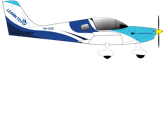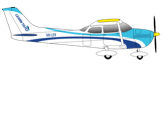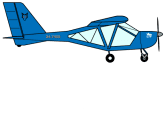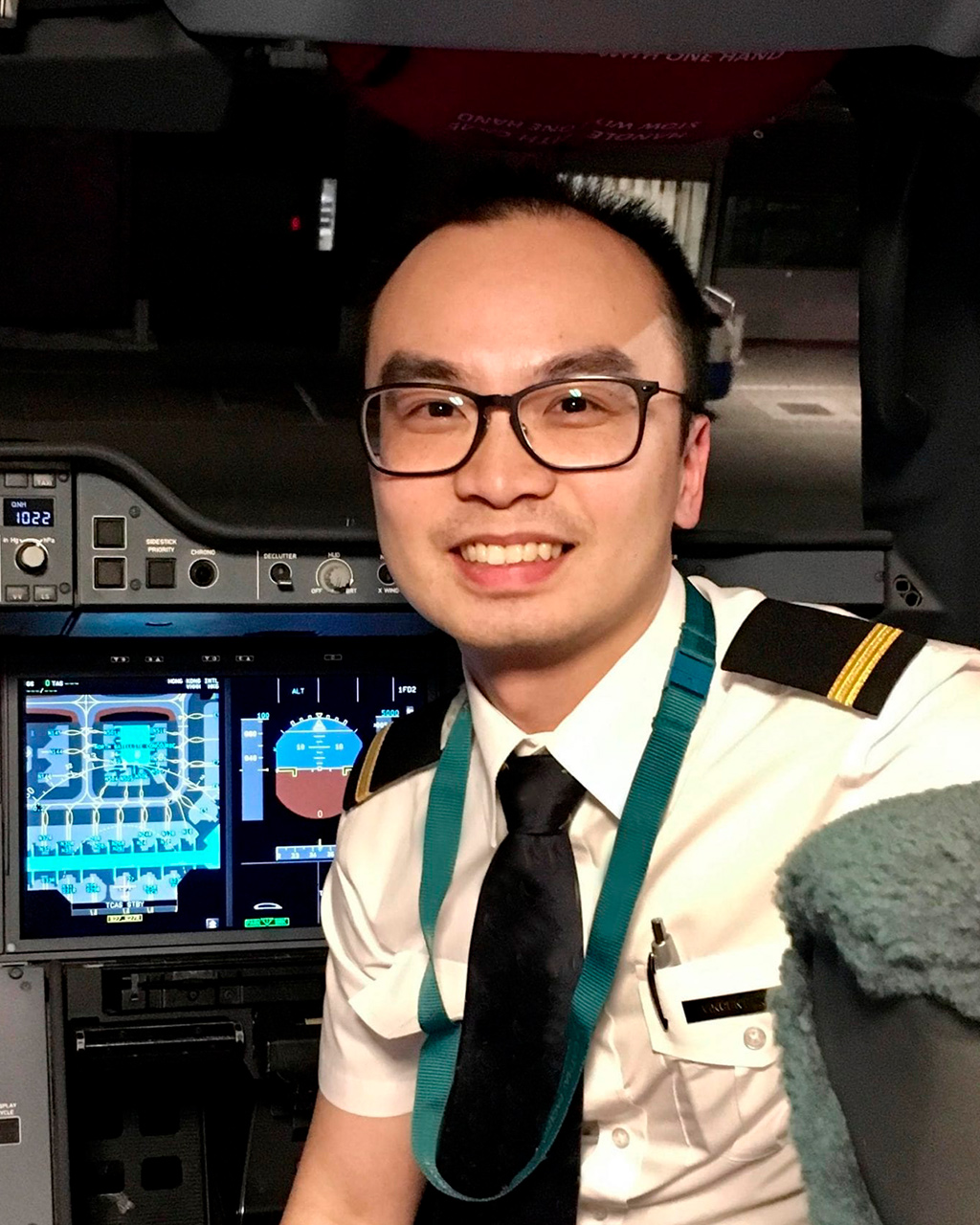
November 17, 2020
Resilience – An Airline Pilot’s COVID Pandemic Experience
We’ve all seen a lot of news about how the COVID pandemic has affected airlines and airline pilots. Guest blogger and Second Officer Vincent Mok shares an airline pilot’s COVID pandemic experience.
“Resilience”
There were 20 round tables in a classroom the size of a basketball court. We found the specific light switch for the ceiling light at the front, leaving the rest of the room in a dark void.
“Don’t bother with name tags” the CRM instructor said.
This time last year, the same room was buzzing with activity and smelled like perfume and cologne as second officers, first officers, captains, junior flight attendants, flight pursers, senior pursers, chief customer managers and CRM instructors made introductions, all keen to find out what hypothetical in-flight emergency awaited us. Today, the 5 of us were greeted by the silent hum of the air conditioner as the smell of alcohol rub filled the void.
The CRM instructor wrote one word on the whiteboard.
“RESILIENCE”
A picture of an A350 oleo strut came into my mind. I hadn’t seen one for 2 months.
“What can you tell me about resilience?” the instructor asked.
“The ability to spring back like a landing gear, which I might not see again” I said.
“During these times with lockdowns and job losses, the uncertainty can cause our minds to ruminate into a dark corner.”
The instructor then led a discussion on Unhelpful Thinking Styles and how we could challenge them to become resilient professionals. As an airline pilot during the COVID pandemic, a resilient mindset is so important.
1. Mental Filter
Written on December 31st, 2020
As COVID took hold, flying schedules became scant and people lost jobs, I began to question my career decision to become an airline pilot.
“During times of stress, our minds have a tendency to focus on the negative and filter out the whole picture. This mental filtering is an unhelpful thinking style that can lead to stress, anxiety and depression.”
“You mean tunnel vision?”
“Yes. Instead of focusing on a small part of the situation and ignoring the rest, try to see the whole picture”
Tunnel vision had made me focus on the transient financial insecurity as a pilot during COVID and filtered out my reasons for leaving a high paying secure job. I’d forgotten that I’d left a 9-5 desk job in a little cubicle with no windows to see thunderstorms from above; to feel the rattle of the nose gear as the jet took off; to take my friends, family, strangers, and essential cargo like vaccines safely across the Pacific Ocean. The job satisfaction from airline flying is unique.
2. Jumping to Conclusions
“I realize that I love being an airline pilot, but with all the upcoming job cuts due to the COVID pandemic, I’ll lose my job in the next few months”
“You see, jumping to conclusions is unhelpful thinking” the instructor said. “You become too busy assuming that you fail to see the opportunities in the present.”
He continued to impart his wisdom.
“Rather than jumping to conclusions, focus on what you can control.”
“A resilient airline pilot knows they’re like an elite sportsperson who is ready to perform during competitions and has back-up options in case of injury.”
The opportunity presented to us while flying less is the free time to improve ourselves as pilots by practicing in the procedural trainer, reading operation manuals and learning more about the aircraft we fly. It also gives us the opportunity to pursue back-up options and other interests. Like elite sportspeople, many pilots have a second vocation to fall back on during economic lows while waiting to return to an airline job. I know of pilots who pursued their fitness goals, learned hydroponic farming, and built their CV through teaching.
“You don’t want to jump to conclusions then give up”.
3. Catastrophising
“OK, you’ve widened my perspective to see the positives and the opportunities. But with all the parked aircraft and no end in sight, I feel that the aviation industry is dying and it’ll never recover!”
“Don’t you think this is catastrophising? It is unhelpful thinking to blow things out of proportion. Instead try to look at the facts rationally.”
Aviation has suffered many setbacks throughout its history, from the Wright Flyer crash in 1908, to September 11 2001, and also the Global Financial Crisis in 2008. Although flying would never be the same after each crisis, it consequently led to advancements in efficiency and safety. Aviation will continue to evolve through each challenge, and pilots will always be there as safeguards.
Furthermore, history has shown that all pandemics end. There are already promising advancements with vaccines and scientists are also building their knowledge on COVID at a rapid pace. When it is safe to do so, people will return to the skies and the industry will bounce back.
“Aviation is dynamic. Resilient pilots stay rational through crisis and therefore prepare themselves for disruption through devotion to learning and self improvement”.
Looking To The Future
During these unprecedented times, resilience has never been so important. Part of it is in recognizing and also mitigating unhelpful thinking styles. When encountering a crisis, it helps to step back and look at all the evidence instead of mental filtering, jumping to conclusions and catastrophising. Adopting a positive attitude and eliminating unhelpful thinking styles helps us build resilience. This keeps us moving forward, not just as an airline pilot during the COVID pandemic, but in life as well.
For flying students, try to see the opportunities in the increased availability of aircraft. Think about the uncongested airspace, or unique experiences like being able to fly into Melbourne International Airport while a jet’s at the holding point. On one of my recent flights out of Sydney, ATC cleared us to overfly the Sydney Harbour Bridge. This is something that would usually only be reserved for special events (such as the recent Qantas Boeing B747 farewell flight).
As for the commercial future of airlines and airline pilots, there’s no doubt the world still needs aviation, and it will bounce back. There will be changes, which will most likely include more stringent health requirements for passengers. Initially, it’s likely that the first sectors to bounce back will be the domestic and cargo markets. Australia is similar to China in that COVID outbreaks have been well controlled. Post-COVID, China has actually seen an increase in domestic passengers already compared to last year. It’s looking very likely that Australian domestic flights will bounce back strongly very soon.
There is light at the end of the tunnel. In my opinion, there has never been a better time to pursue recreational flying or flight training.
We’d like to thank Vincent very much for providing this valuable insight into an airline pilot’s COVID pandemic experience. If you are interested in finding out more about our flight training courses and online learning options, email [email protected] or visit https://drift.me/learntofly/meeting to book a meeting and school tour.


